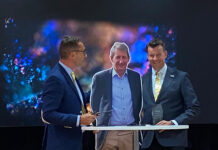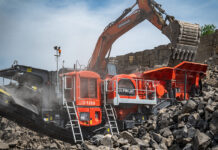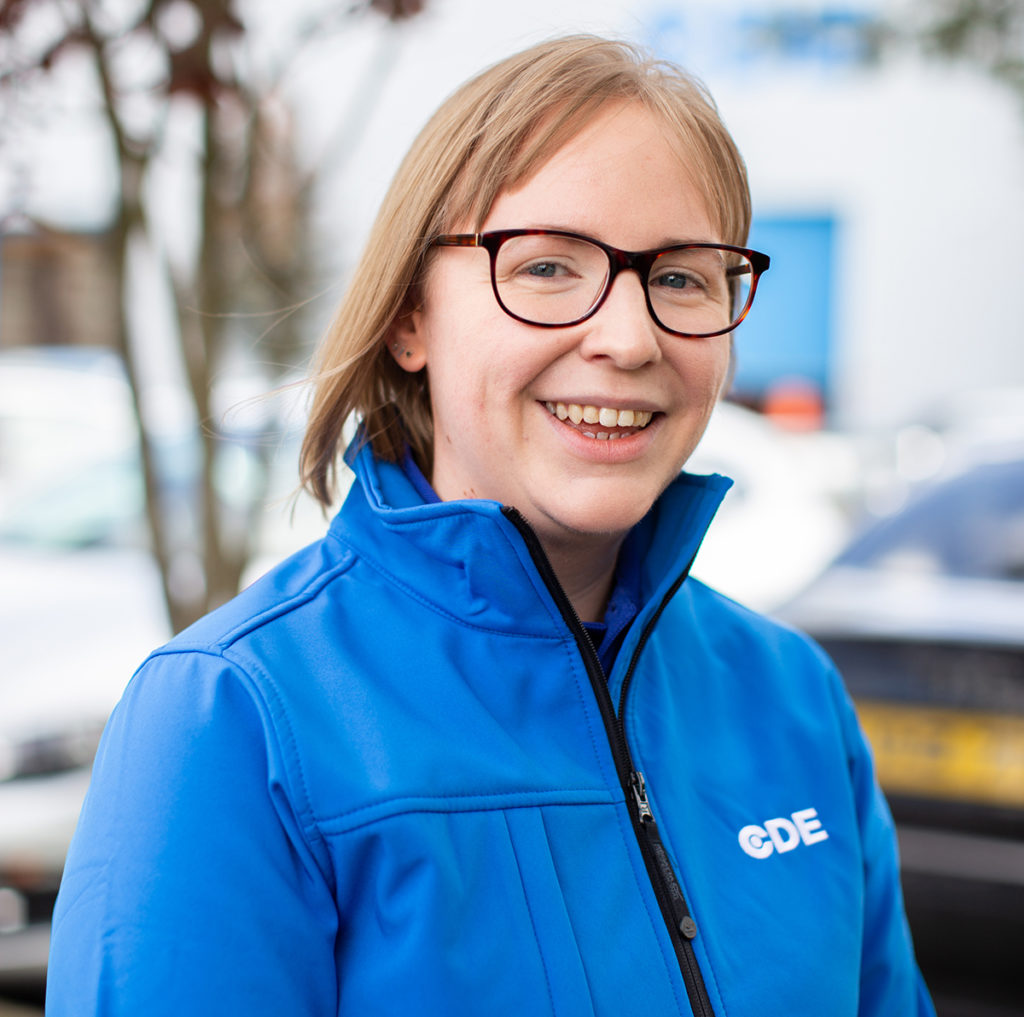
Ahead of International Women in Engineering Day, CDE shines a light on the contribution made by women within the business.
INTERNATIONAL Women in Engineering Day, June 23rd, is an annual day of celebration and awareness for women working in the field of engineering, and the career opportunities in the industry that are available to girls. CDE, a manufacturer of wet processing equipment, told Project Plant it is proud to champion the women thriving in engineering roles within the company.
Laura McNeill, process/chemical engineer at CDE, said, “I’m responsible for most of the pilotscale testing, including those for specialist sands and ores. The lab testing ensures the customer’s plant is specifically tailored to the materials they work with and allows us to optimise the plant. Most of the material (that our clients deal with) goes through some degree of testing, so I’ve been involved in a lot of international projects.”
With CDE supporting clients across the globe, electrical engineer Claire Hamill agreed that it’s impressive to see the reach of her work. “I’m lucky to have been involved in projects around the world, including in the UK & Ireland, Europe, Middle East, Asia, North and Latin America. I was also the lead electrical engineer on our first project with our customer SOMEVAM. I’m particularly proud of two of our Australian mining projects – Iron Baron and Iron Knob for our customer SIMEC – where the towns relied heavily on the mines.
“Tonnes of excavated dirt and soil needed processed to extract iron ore. The fact that a whole population depended on these mines and our plants being successful for their livelihoods meant a lot.”
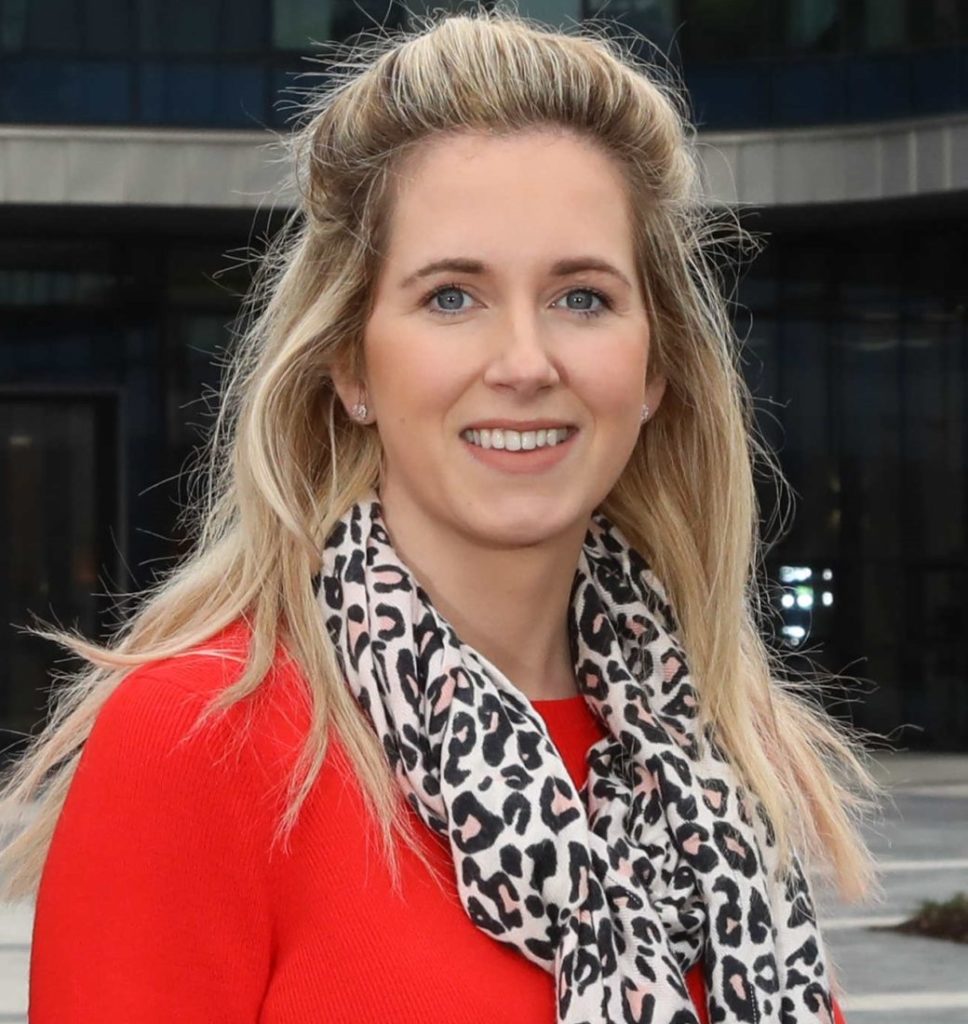
The roles occupied by women engineers at CDE range from senior technical systems engineer to placement quality engineer, currently occupied by student Caoimhe Dickey. She said, “I’m in the third year of my mechanical engineering degree. I’m involved in all different projects but mainly I look after quality standards, which involves the approval of incoming, in-process and finished materials.”
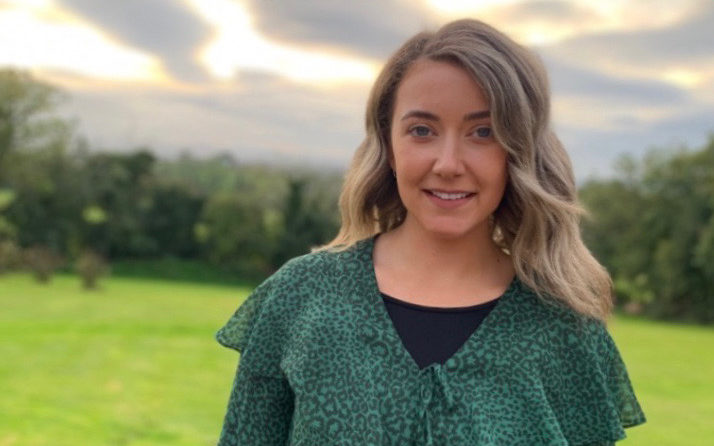
But not all the engineering roles have a focus on manufacturing. Claire explained, CDE is a mechanical engineering-based company. When I applied, I wasn’t entirely sure where I would fit, but I quickly realised that these machines don’t work without power. Our vital role is putting power to the plants using smart systems and control panels, to ensure they are running efficiently. Every machine is run by electricity – our role keeps them running as designed.”
Engineers, collectively, work to the best of their ability to develop the best solution for customers. Ada Szymanska, graduate laboratory process engineer, added, “I believe all engineers should be viewed as equal.”
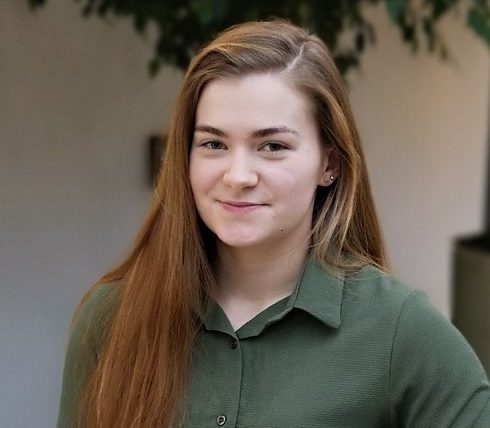
However, statistics show that just under 13% of the engineering workforce is female, and women are still hugely under-represented in the profession. With fewer female role models, it can be difficult to encourage young women and girls that a career in engineering is for them.
Tracy O’Kane, senior technical systems engineer, said, “There’s always going to be a demand for good quality engineers. The industry is portrayed as very male-focused. If you alienate women and girls, you’re losing 50% of your potential talent pool before you even begin, and a massive number of good engineers.”
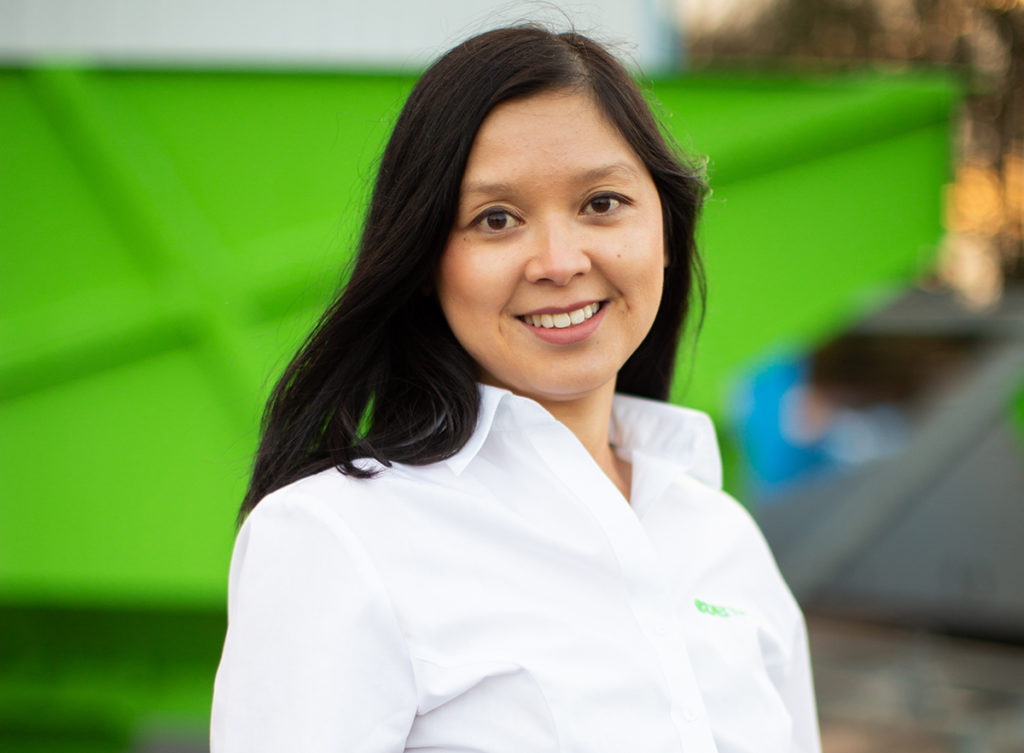
A number of CDE’s engineers received support from teachers or inspiration during their time at school, with Ada explaining, “I consider all female engineers and scientists to be heroes. In particular, my physics and chemistry teachers are heroes of mine. Both were females and they inspired me. They made me realise I love sciences and that’s why I pursued a career in this area.”
For those considering a career in the industry, they advise researching the multitude of possible fields, gaining experience, if possible, to have a better idea of what area best matches your interests, and simply taking the leap. Claire said, “Do it. You’ve nothing to lose with an engineering degree or apprenticeship. And the apprenticeship route is one I think that many females don’t realise is even an option for them.”
Tracy added, “The fundamentals you learn in engineering are very transferable to other industries and careers. People with engineering degrees have great opportunities to progress into other roles and sectors.”
Further highlighting the diversity of opportunity engineering brings, Amy Giles transitioned from aeronautical engineering to become CDE’s head of business Improvement. She said, “There are so many routes within engineering. After working in business development with a world leading manufacturer of business jets, I became a business analyst at CDE and progressed to my current role. I was also the first female project manager at the company. The business improvement department reaches every part of the business. We’re the facilitators of change and development.”
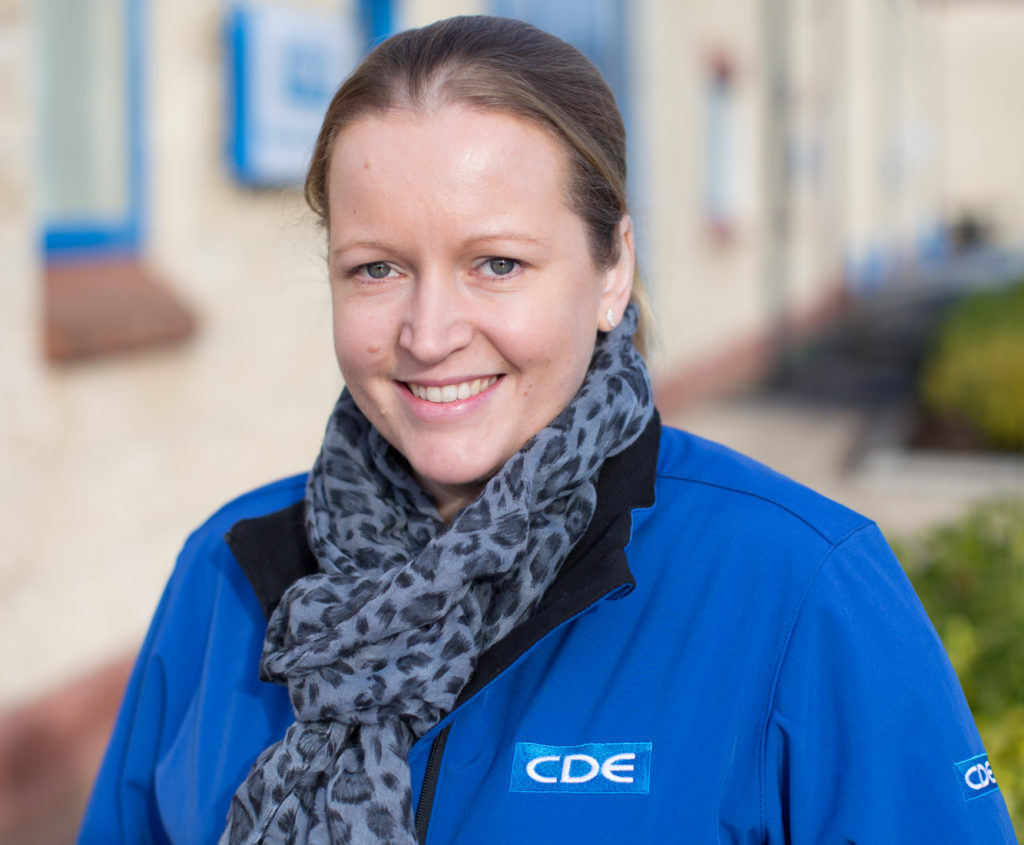
CDE said that at the heart of its operations is providing clients with tailored solutions that enhance their operations with ‘significant return on investment’. Claire said, “Engineering is ever evolving, so we need to be encouraging more to pursue a career in the field. We need a continuous supply of fresh minds. Having more female voices will lead to more variety and variation in the solutions. Ultimately, we need more people that want to solve problems.”



